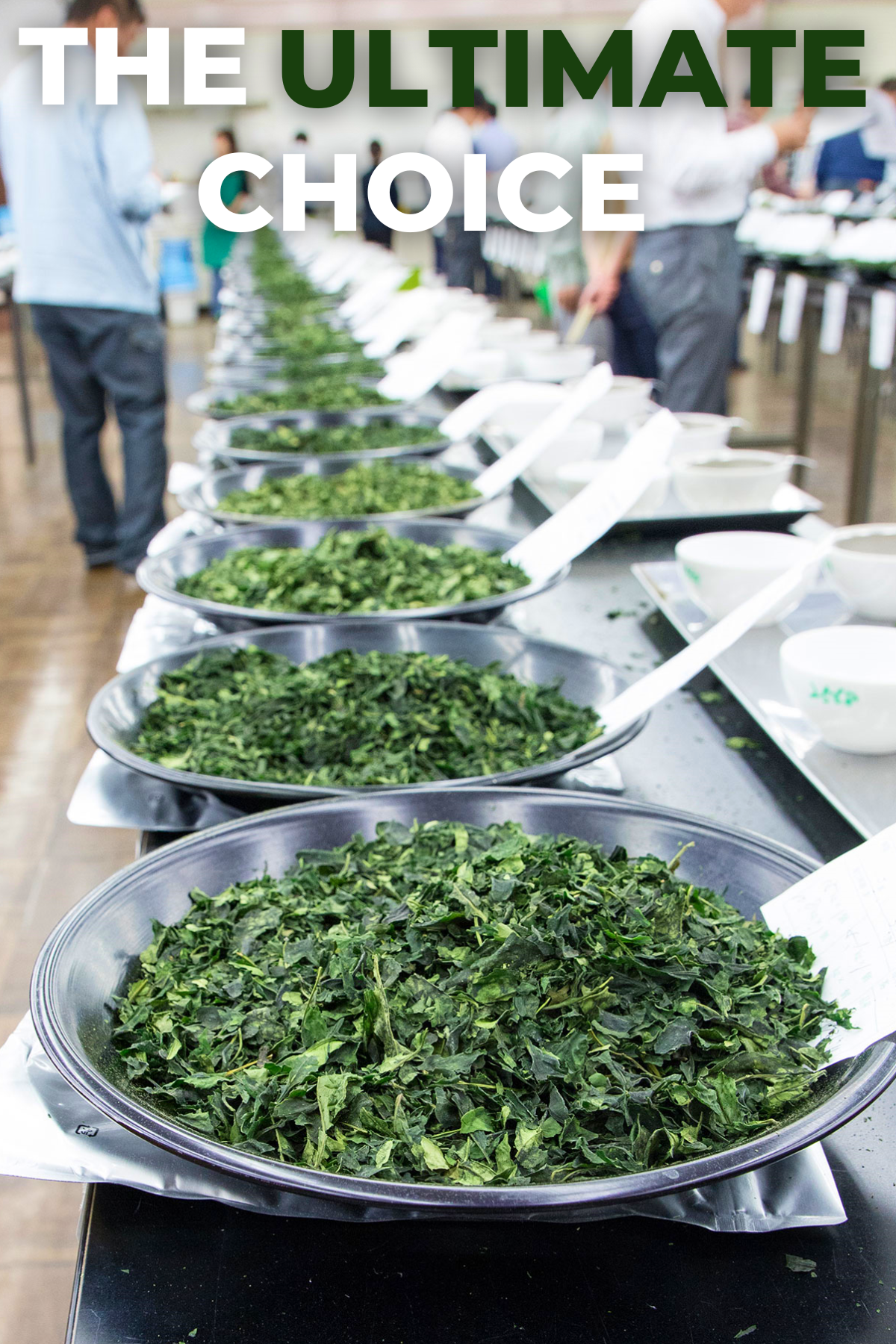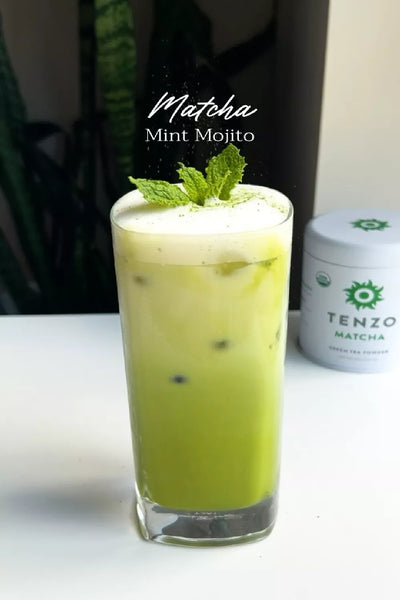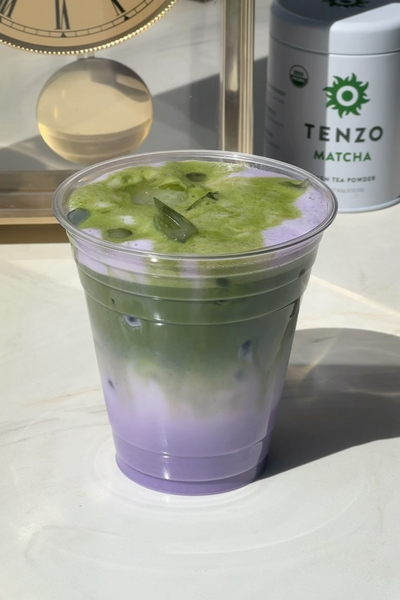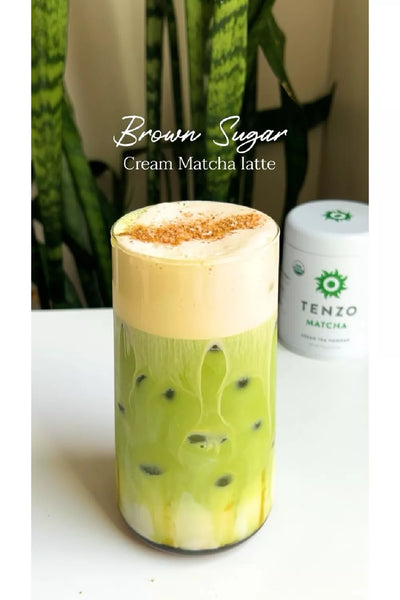Discover Why Tenzo Matcha is the Ultimate Environmentally Sustainable Choice Compared to Coffee!


Discover Why Tenzo Matcha is the Ultimate Environmentally Sustainable Choice Compared to Coffee!
Posted on March 28, 2023 | by Lori Hanemann
Matcha and coffee both have caffeine and both come from nature, but is Matcha more eco-friendly?
With consuming products it’s easy to forget our impact on the environment, especially when it comes to food and beverages. It is important to be mindful of what we consume while trying to live a healthy and conscious life where we can still be environmentally sustainable.
More caffeine lovers are steering away from coffee and energy drinks for its high sugar content, anxiety effects, and caffeine crashes, and are switching to matcha for its high antioxidant content and healthy energy. Matcha is recognized as a superfood and continues to grow in popularity among caffeine consumers as a healthier alternative to drinks like the traditional form of coffee.
Matcha and coffee are both natural forms of energy that grow from soil and both heavily rely on the environment to thrive and produce. When it comes to coffee, we know that it is primarily grown and harvested in tropical rainforests where some coffee is produced in highly sunny areas or very shaded areas of a rainforest. Coffee production carries a larger responsibility of being less sustainable than the production of matcha because of its effect on tropical rainforests, the need for excessive water intake, and the waste that is produced from so much coffee production in the industry..
The morning cup of joe that is commonly consumed can negatively affect tropical rainforests by causing deforestation and contributing to a buildup of chemicals in the soil that leads to a runoff of water. This leads to a domino effect of chemical water flowing through rivers where wildlife live, where it is consumed by wildlife, that pollutes the soil and land production of surrounding habitats.
In comparison to matcha production, coffee uses 37 gallons of water to produce a single cup of coffee! That’s similar to taking one shower! Also, 50 billion coffee cups with lids are thrown away in the U.S. every year contributing to food waste and adding to landfills that are difficult to break down.
Matcha on the other hand uses much less water and has a lower carbon footprint as tea is a common cash crop that does not require so much carbon emissions or water. With many different matcha brands on the market, it does not mean that every matcha product is made equally. When looking to transition to a more mindful, healthy, and energy filled cup of matcha it is important to look for sustainable production practices, organic farming, eco-friendly packaging, and a product that has a natural value. As consumers we have the ability to influence industries by knowing where to contribute our dollars to more sustainable and ethical companies. Here at Tenzo our matcha is certified vegan, organic, kosher, and paleo that is sourced from tea farms in Japan that plays a role in rural development and food security for the local communities. With matcha’s healthy nutrients and cancer fighting antioxidants implement matcha as part of your routine that isn’t so harmful to the environment!
https://www.sciencedirect.com/science/article/abs/pii/S092180090700105X?via%3Dihub
https://www.bustle.com/p/is-matcha-environmentally-friendly-heres-how-your-matcha-latte-fares-when-it-comes-to-the-earth-17011420







